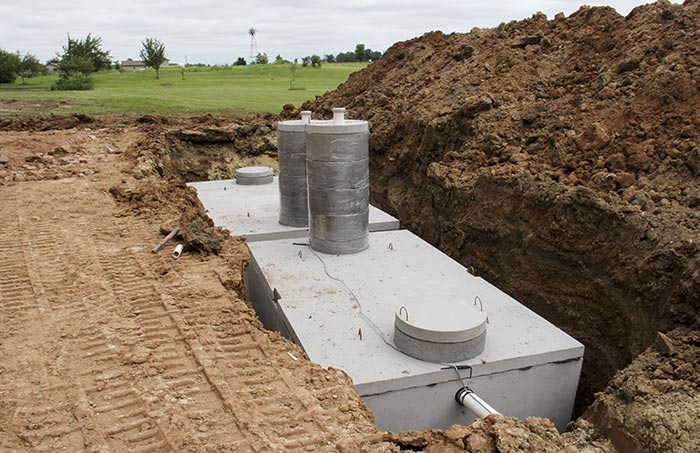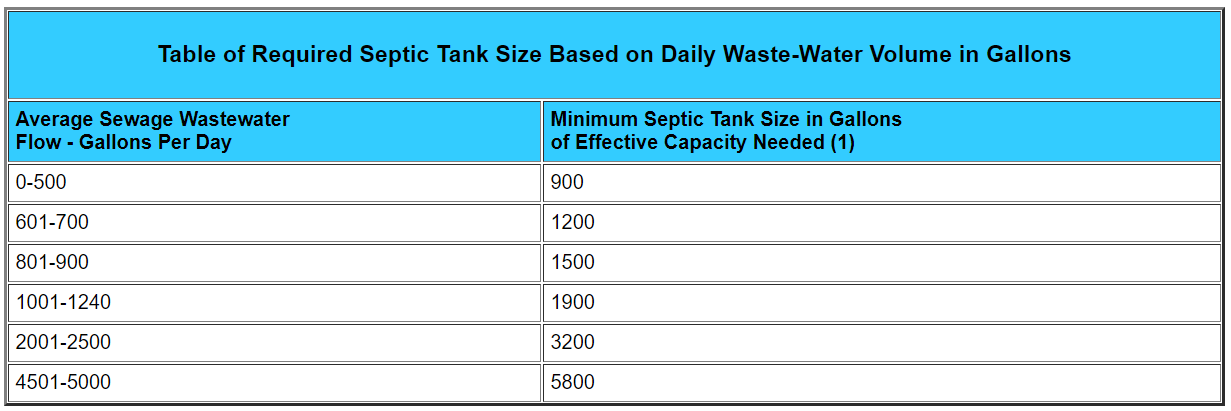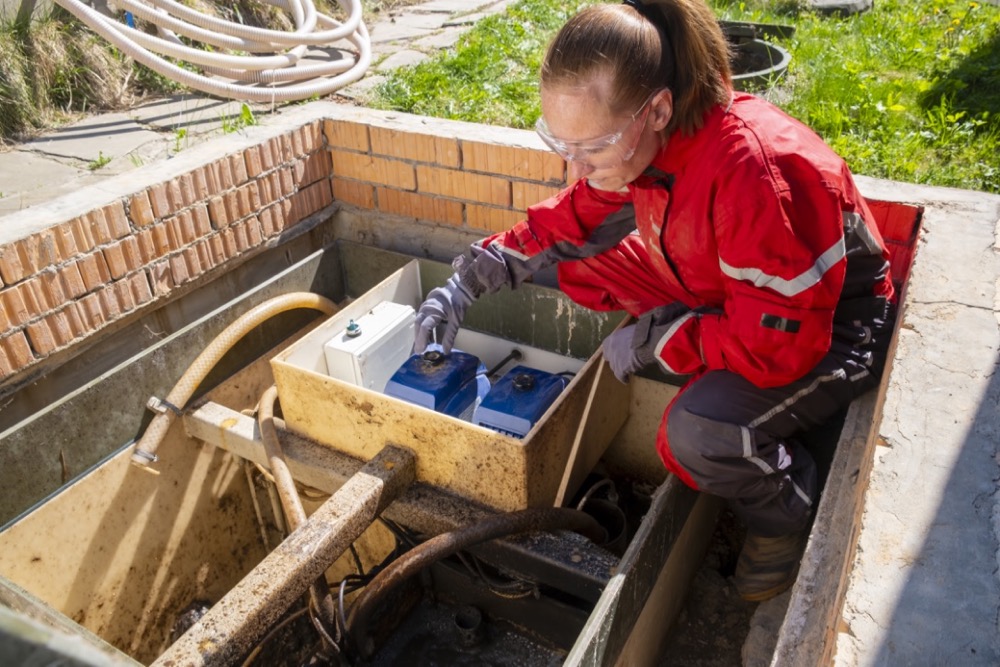
Here is some information on the ailed cesspool or septic system credit (Title V) for repair or replacement.
If you:
- Are not a dependent of another taxpayer
- Own residential property in Massachusetts
- Occupy the residential property as your principal residence
You're allowed a credit for expenses you paid to:
- Repair or replace a failed cesspool or septic system to comply with state sewer system requirements
- Connect to a municipal sewer system to follow a federal court order, administrative consent order, state court order, consent decree, or similar mandate
Nonresidents do not qualify for this credit since the property must be an owner-occupied principal residence in Massachusetts. However, former Massachusetts residents who have to file Massachusetts nonresident tax returns may claim their unused prior year credit carryovers.
Part-year residents qualify for the full credit if the property is an owner-occupied principal residence in Massachusetts.
Qualified expenses you paid to bring a failed system into full compliance include:
- An upgraded system
- An alternative system
- A shared system
- A connector to a sewer system
Generally, only expenses for services or costs in connecting or hooking-up a sewer line from your property to the public sewer line qualify when calculating the credit. If you obtained a loan to finance a sewer line hook-up or connection, you can include it in calculating the Title V credit if you are required to or are allowed to connect to a town or city sewer system to cure a failed system.
If you voluntarily repair or replace a cesspool or septic tank, you can not claim this credit since it is not considered a "failed" system under Title V. When calculating the credit, do not include betterments (improvements) related to constructing, extending, improving, or maintaining a new or existing sewer system and/or a water treatment system for a city or town either.
To qualify for the credit:
- The credit is 40% (.40) of the costs (not to exceed $15,000). The total amount of the credit cannot exceed $6,000.
- When calculating the credit, subtract any interest subsidies you received from Massachusetts.
- You can claim the credit for the year the repair or replacement work is completed.
If the credit is greater than the tax you owe, you can carry forward the excess credit for up to the next 5 tax years.
For information on a new septic system or repairing a septic system, contact Morse Engineering and Construction.




